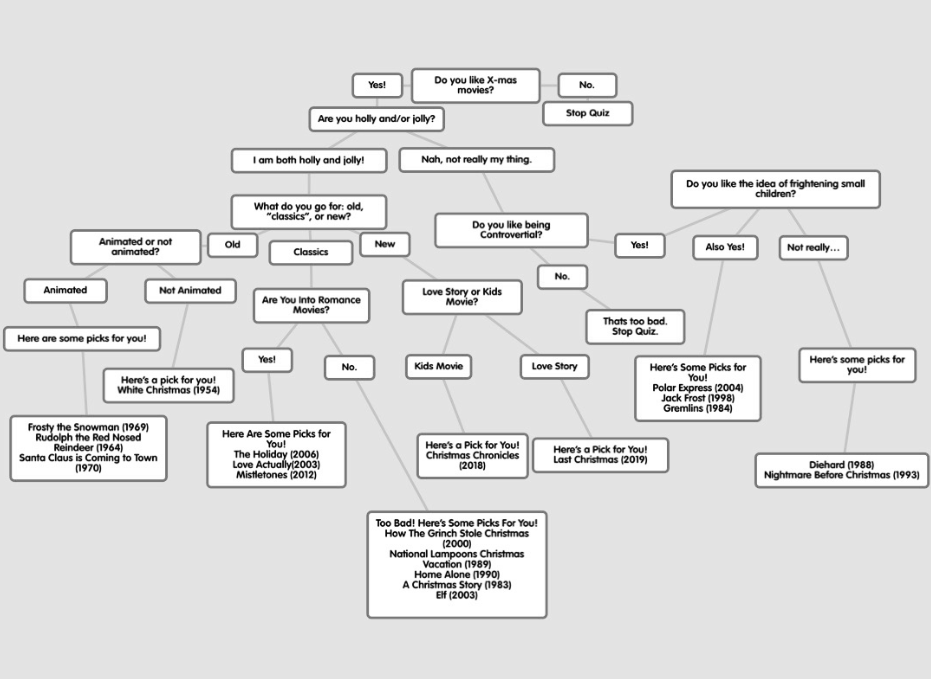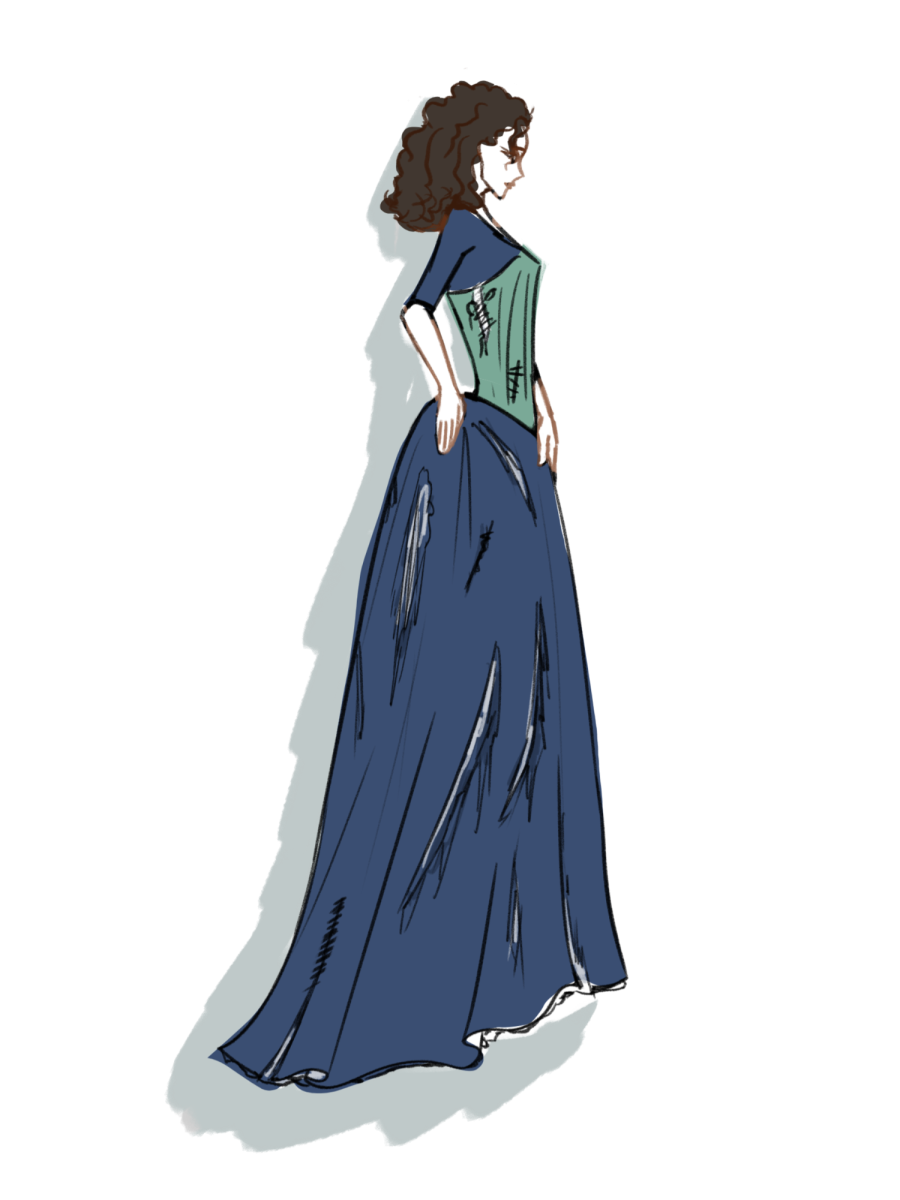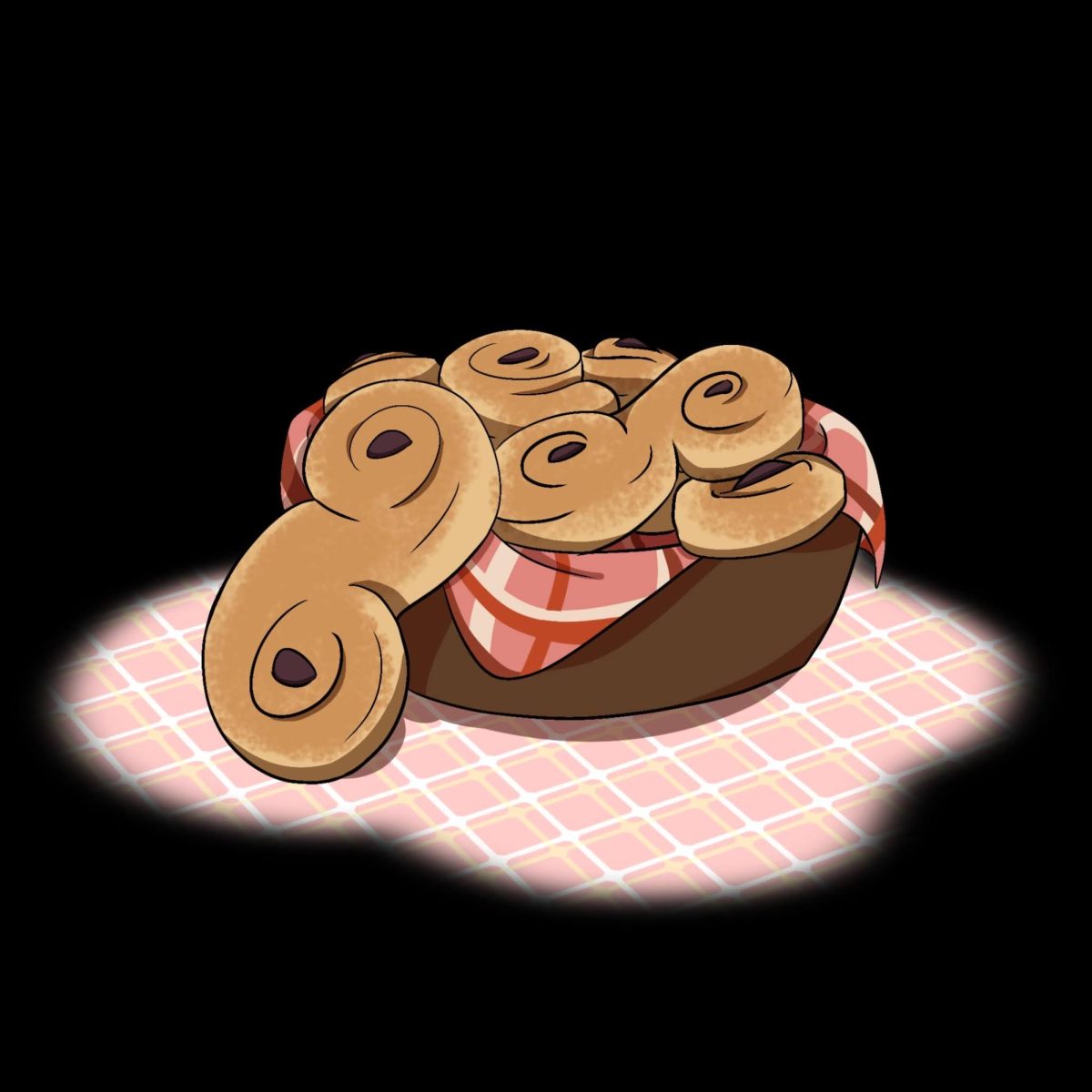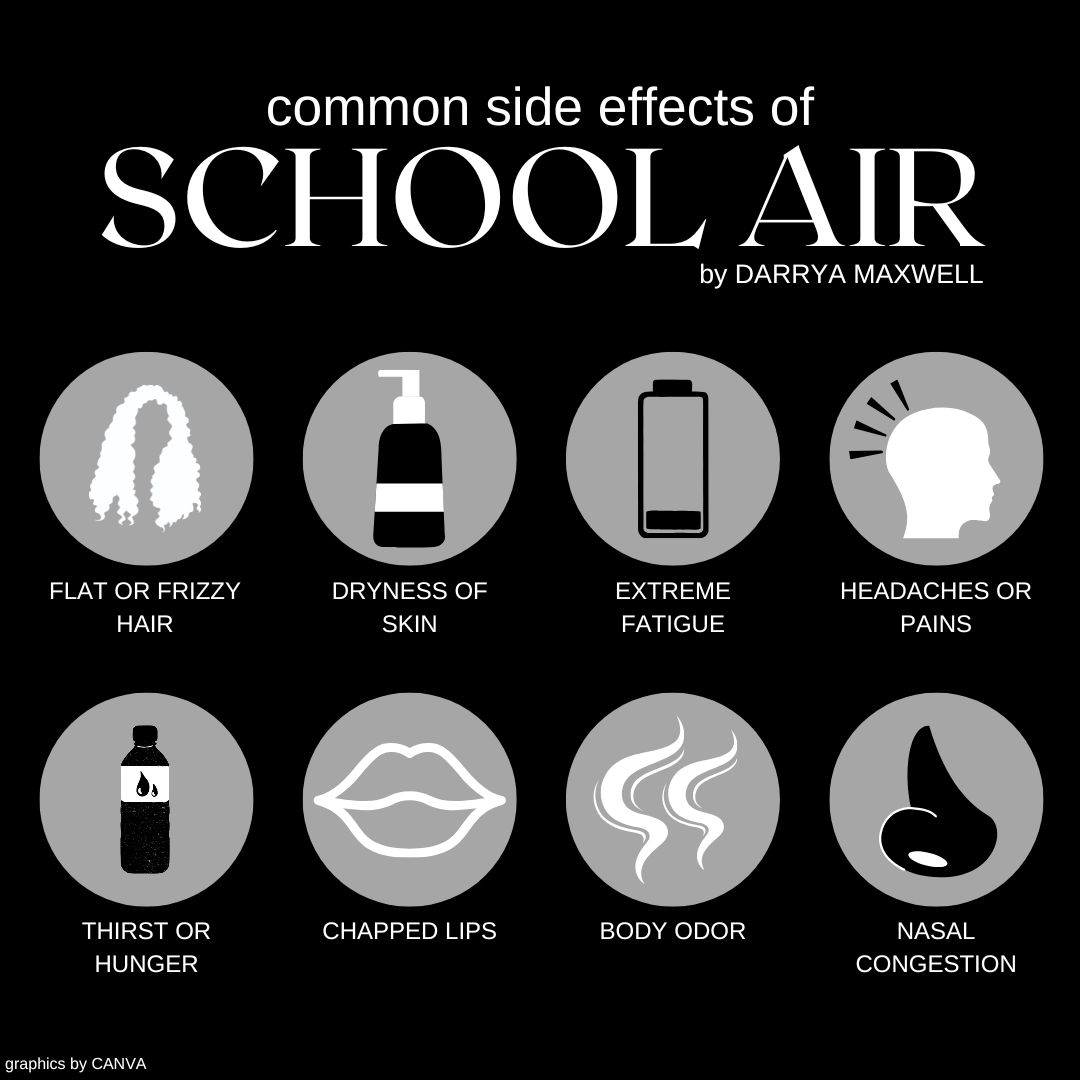Winter is arriving, and with it comes the lovely thing that is seasonal depression. Seasonal Affective Disorder, or SAD, is a form of depression that occurs during late fall and winter because of several factors, the main being the lack of sunlight. Caleb Hoyord, 25’, says “the worst part of winter, other than the cold, is the lack of sunlight. I legit do not see the sun during winter.” The absence of light causes the main side effects of SAD to be:
1: Your circadian rhythm can get disrupted, so it’s harder to sleep and harder to produce serotonin, aka: your body’s happy chemical.
2: When it’s cold and dark, you’re less likely to go and hang out with your friends, which leads you to feel isolated.
3: Less motivation to work out during winter (unless you’re doing a winter sport), can lead to your physical activity to lack as well. As exercising produces endorphins, less exercising can equal less happy chemicals, and your sense of well being can plummet too.
But what can be done to counteract these nasty winter side effects?
Well, Mika Wallace, a psychiatrist at MHS, says to “spend time with people who are positive and uplifting, [and] it is important to surround yourself with good friends rather than staying isolated and closed off. Talk about how you are feeling with people you trust.” She reminds students that “[there are] lots of supportive people at school who can help.”
Moreover, you should aim to eat a well balanced diet. That means to eat your fruits and vegetables, kids; while candy may taste good, it’s not doing much to help you thrive through the day. The crushing urge to eat carb-high foods like candy, bread, pasta, etc. is a side effect of SAD. These carbs produce serotonin, so your body tries to use them in place of producing serotonin itself.
Additionally, while your motivation and mood may be lacking, a good work-out can do wonders for your mental health. You also need to get your sleep. You’ve been told for years to get 8 hours, but sleep can be the single most important factor in how you feel. No matter how unrealistic it seems, make sure you get those hours in, whether it be through going to bed earlier or finishing your homework during class so you don’t have to do it late at night.
Furthermore, try increasing your exposure to sunlight. This can include spending time outside, or when it gets colder, being near a window during the day.
If you’re feeling a little alone this winter season, pick up a new hobby like volunteering or going to a different club to meet more people. Wallace encourages you to “be patient with yourself if you feel stuck in a negative headspace. [Do] something positive each day that [you] look forward to and enjoy.”
Your body wants to be happy, so go give it the tools it needs this winter. Take those little steps and push yourself when you can. Who knows? In the spring you could emerge better than ever.






































